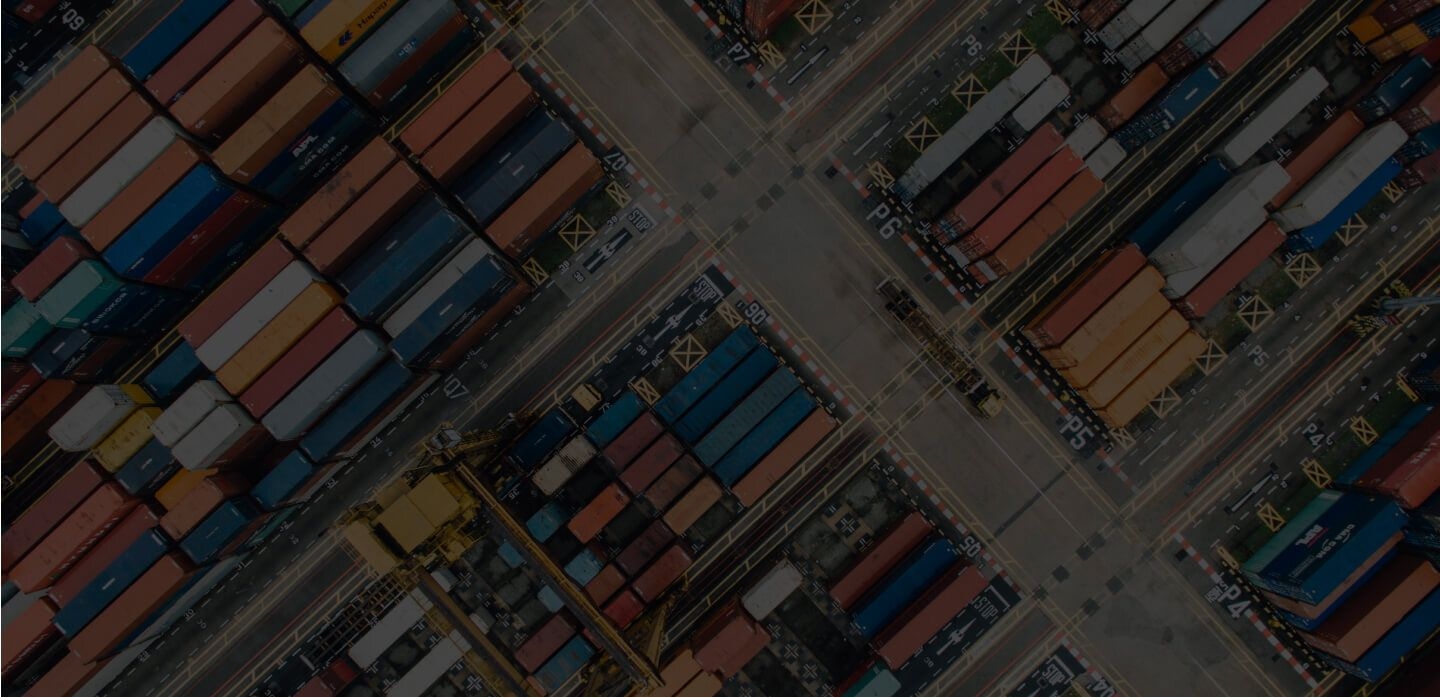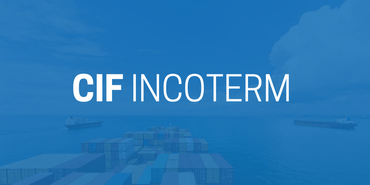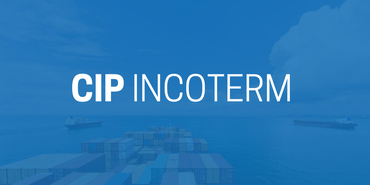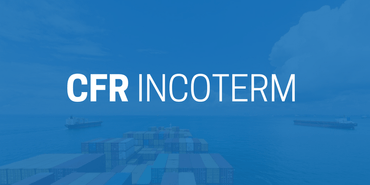
Best Incoterms for sellers



![]()
How to choose an Incoterm
The two key parties involved in an international trade transaction are the buyer and the seller. Though both are entering in a mutually-benefitting sale contract, there are conditions under which the contract may take place determine the different roles and responsibilities of each party and their costs.
Incoterms are are a set of pre-defined international rules published by the International Chamber of Commerce which determine the contractual clauses to be used in the sales transaction. They define the conditions of the transport of shipment and the different responsibilities of the importer and exporter.
Best Incoterms for sellers
In total, there are 11 Incoterms that you can choose for your transaction. As a supplier/seller, there are a few Incoterms that are more advantageous to you as it gives you greater control over total shipping costs.
Here are some of the best Incoterms for sellers.
CFR-CIF: Cost and Freight - Cost, Insurance and Freight
The CFR Incoterm and the CIF Incoterm are generally good options for the seller as they’re competitive and do not involve too many risks. Under these Incoterms, you have control over the international shipping costs all the way to the destination port. This gives you the flexibility to opt for more cost-effective shipping options such as the best routes, rates, and transit times.
DDP-DAP: Delivered Duty Paid - Delivered at Place
Under the DDP Incoterm and DAP Incoterm, the seller is responsible for delivering the goods to the buyer’s warehouse or storage in the destination country. This means that since you will be in control of a large part of the shipping process, including what happens in the destination country, you should make sure that you’re familiar with the laws and regulations of the importing country. Make sure your freight forwarder has presence in the destination country to help you faciliate things.
These two Incoterms may seem to provide more control and competitiveness but this also means greater responsibilities and risks especially when operating in a country you’re unfamiliar with.
FOB: Freight on Board
The FOB Incoterm is one of the most commonly-used Incoterm in an international sale. When working under FOB, the seller is responsible until the goods are loaded onto the vessel at the port of origin. This means you have very little control over shipping times and costs. However, this may work for suppliers who prefer not to negotiate freight rates with their freight forwarders or simply see no benefit in keeping track of the shipment.
When negotiating an Incoterm with your buyer, remember that the Incoterm that gives you the most control will give your buyer the least control and vice versa. Your supplier will probably want to negotiate an Incoterm that’s best for him as a buyer. Whatever Incoterm you choose, try to come to an agreement that’s mutually-beneficial and make sure to properly define all points are clearly defined to avoid problems.
Related Articles


